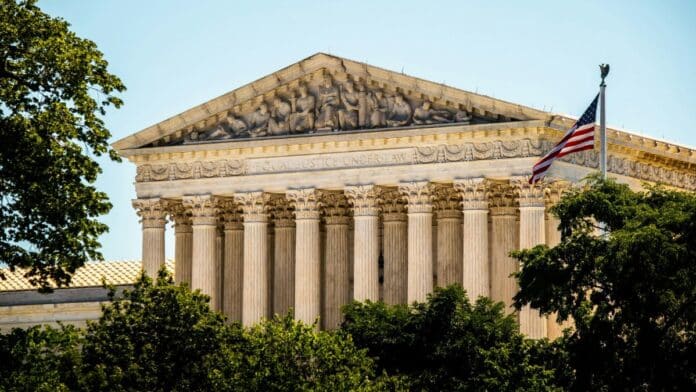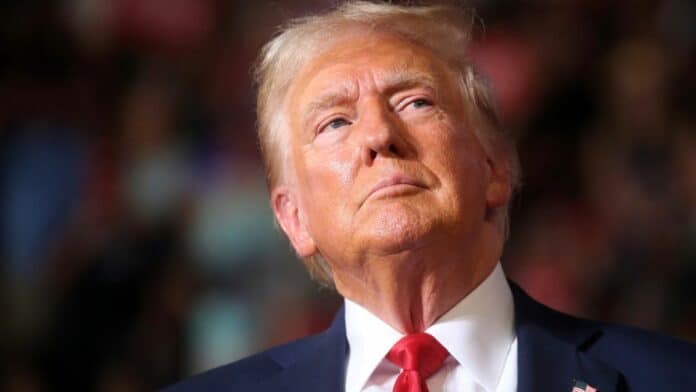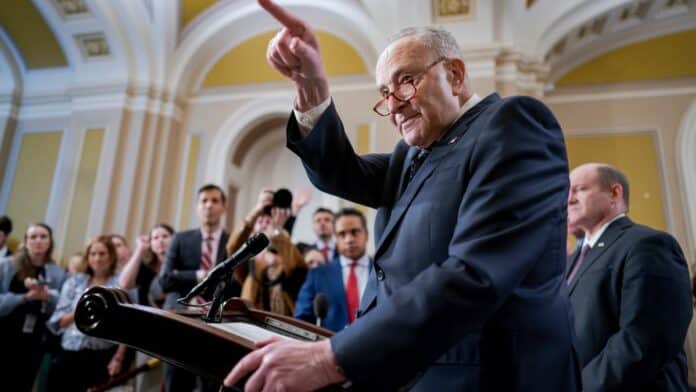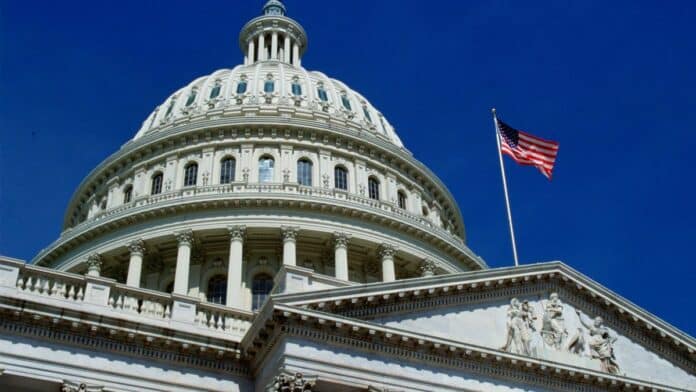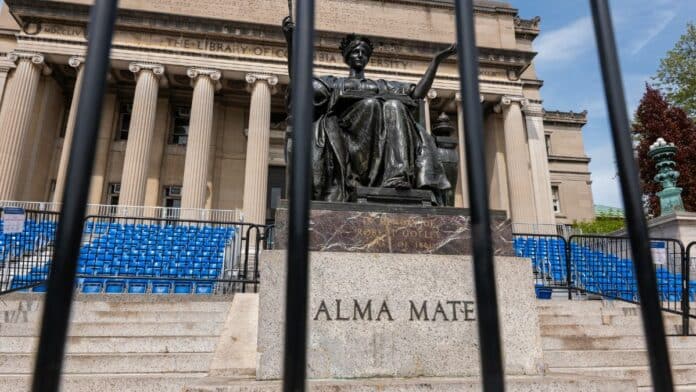MSNBC has fired political analyst Matthew Dowd after he suggested that Charlie Kirk’s own rhetoric led to his assassination, two sources told Fox News Digital.
The network moved swiftly to distance itself from the comments. “During our breaking news coverage of the shooting of Charlie Kirk, Matthew Dowd made comments that were inappropriate, insensitive and unacceptable,” MSNBC President Rebecca Kutler said. “We apologize for his statements, as has he. There is no place for violence in America, political or otherwise.”
Dowd sparked backlash after speculating that Kirk, a leading conservative activist and close ally of President Donald Trump, may have created the environment that led to his shooting. He told MSNBC host Katy Tur, “Hateful thoughts lead to hateful words, which then lead to hateful actions.”
His remarks drew sharp condemnation. Fox News’ Jesse Watters declared, “Dowd should be fired immediately… You can’t say Charlie deserved to die.” White House staffers also blasted the network, with one senior Trump official calling MSNBC commentators “scumbags” who are “hurting this nation with their awful rhetoric.”
Dowd later attempted to walk back his comments on social media, insisting he “in no way intended for my comments to blame Kirk for this horrendous attack.”
Kirk, who founded Turning Point USA and built it into one of the country’s most influential youth conservative organizations, died at 31 after being shot at Utah Valley University. The tragedy leaves the conservative movement mourning one of its most prominent young leaders. As Kutler concluded, “There is no place for violence in America, political or otherwise.”



